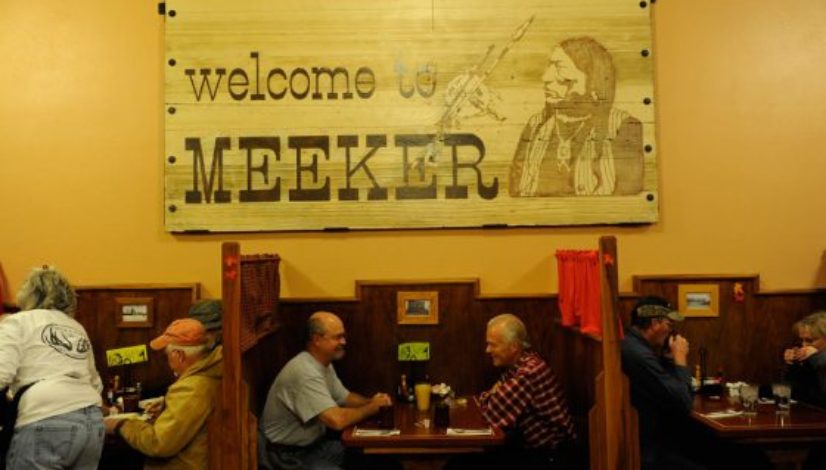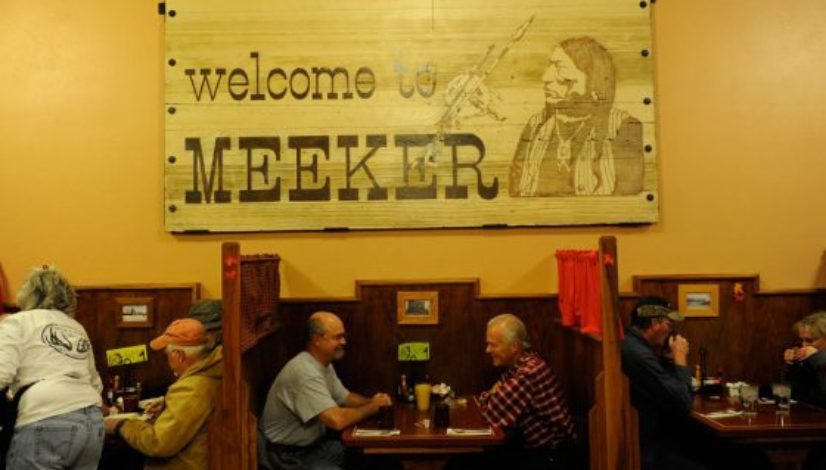Competitive grants for Colorado marijuana tax funding mean some schools miss out

Published: Jul 19, 2017, 10:44 am • Updated: Jul 19, 2017, 10:59 am
By Chris Selle, Special To The Herald Times
The greatest challenge faced by public schools in Colorado over the past eight years has been finance. When faced with this information, many citizens in our state ask about marijuana money. Amendment 64 passed in 2012 with a hollow promise of providing funding to schools. To be blunt, the supporters of Amendment 64 did a fantastic job of leveraging public schools as a method to pass their initiative. In reality, marijuana taxes have provided very little financial impact for schools, but significant inaccurate beliefs exists about the benefit to public schools.
To date, the Meeker School District has not received one penny of revenue from marijuana taxes. We likely will never see money for operating revenue from marijuana taxes. The rules that govern the tax revenue relative to marijuana money require that the first $40 million raised annually from the excise tax on wholesale marijuana go into a grant program called the BEST grant program (Building Excellent Schools Today). If revenues from the excise tax exceed $40 million, the remaining funds go into a public school fund. To date, revenue in excess of $40 million has been insignificant. Additionally, no guarantee exists that these funds would provide additional revenue to schools if they become significant in the future.
Related stories
- ‘Major milestone’: Colorado hits half a billion in cannabis tax revenue
- Here’s how millions in Colorado pot taxes are being used to fix up outdated, sagging schools
- Using marijuana sales for scholarships may seem odd to some, but “it’s time to get over it”
- Colorado students are now allowed to use medical marijuana in schools
- Is pot tax money for Denver schools a myth? DPS video leaves out key fact
BEST grants are competitive grants which allow public schools to apply for assistance with capital construction projects. Any school district in the state can apply for these grants, regardless of whether marijuana retail sales or grow operations are present within the school district’s boundaries. Thus, although local municipalities and counties can make decisions regarding the legalization of marijuana facilities in their communities, these decisions have absolutely no financial impact on the schools in those communities.
While $40 million seems like a large sum of money, studies conducted by the Colorado Department of Education have indicated the capital construction need for schools across the state is nearly $18 billion. The $40 million also accounts for less than one third of the revenue allocated to the BEST grant program. Furthermore, the grants require a matching portion from the school district. Currently, Meeker’s matching portion is 73 percent. For the Meeker School District to see any benefit from marijuana taxes, we first must have capital needs, we then must apply for a BEST grant, and we must be awarded a BEST grant. At that point, we would receive 27 percent of the total funds associated with the grant, of which, less than a third are funded by marijuana taxes. While the marijuana funding associated with the BEST grant program is helpful, the resulting financial impact locally is relatively small.
Chris Selle is the Superintendent of the Meeker School District
Read more of this story at Rio Blanco County Herald Times
This story was first published on theheraldtimes.com
Topics: colorado schools, Colorado taxes, commentary, schools




